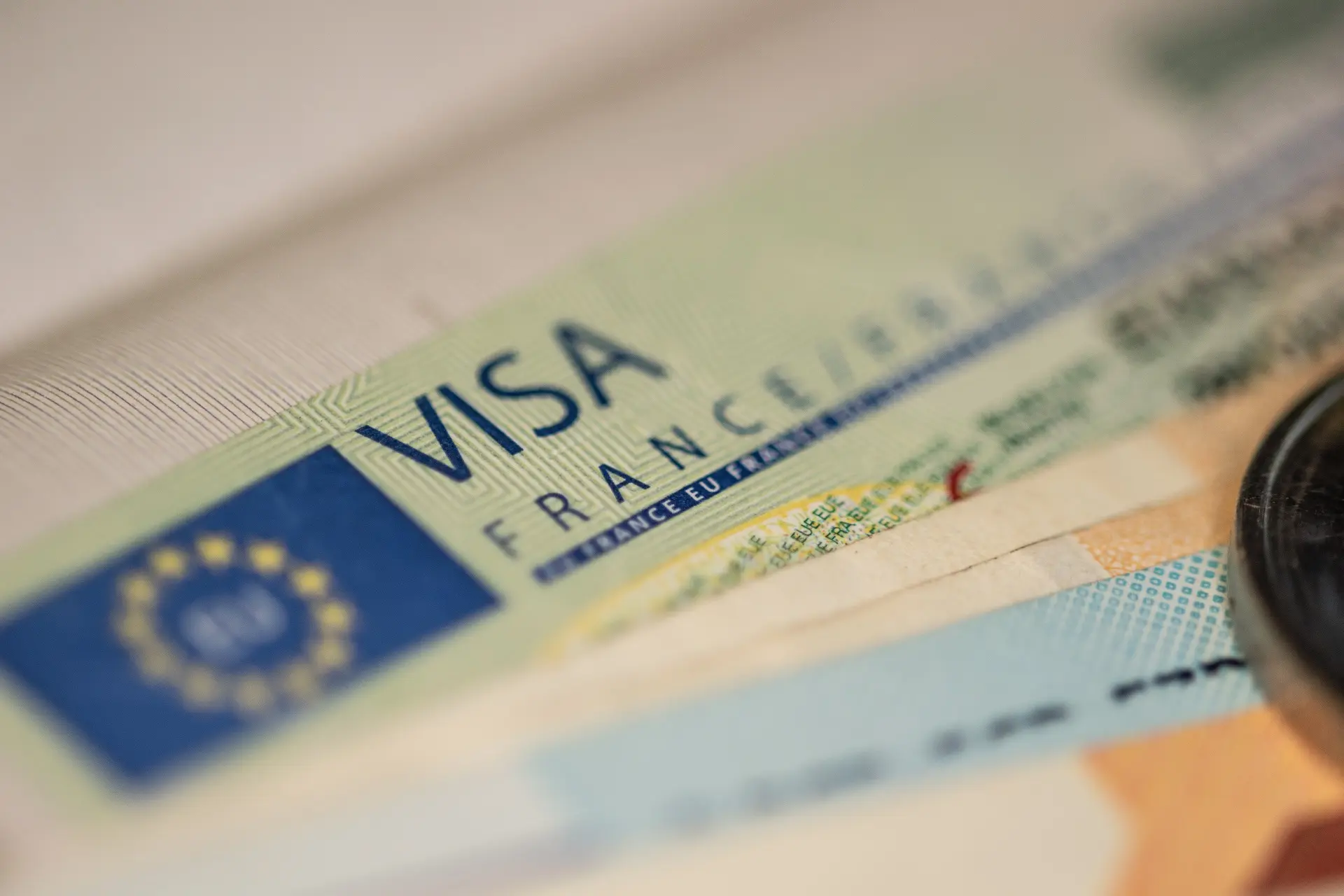French Tax and Immigration: Common Questions Answered
Get answers to common questions on visas, residency, and taxes. From work permits to avoiding double taxation, prepare for a smooth transition with this helpful guide!
Relocating to France involves navigating both the immigration process and the French tax system, which can be complicated for newcomers. Whether you’re moving for work, retirement, or personal reasons, understanding your obligations regarding visas, residency, and taxes is crucial. In this article, we’ll answer some of the most common questions about French tax and immigration to help you better prepare for your move.

1. What Types of Visas Are Available for Moving to France?
France offers a variety of visa types depending on the purpose and length of your stay:
- Short-stay (Schengen) visa: For stays of up to 90 days, often used for tourism, business trips, or family visits.
- Long-stay visa: For stays longer than 90 days, required for anyone moving to France for work, study, retirement, or family reunification.
- Work visas: Several types of work visas are available, including the Talent Passport for highly skilled professionals and Intra-Company Transfer visas for employees transferring within the same organization.
- Student visa: If you’re studying in France, this visa is designed for students enrolled in French universities or educational programs.
- Retirement visa: Retirees can apply for a long-stay visa if they have sufficient financial resources to support themselves during their stay.
2. How Do I Apply for French Residency?
Once you’ve arrived in France on a long-stay visa, you may need to apply for a Carte de Séjour (residency permit). This permit allows you to legally stay in France for longer periods and access public services like healthcare.
- First-time applicants: After arriving in France, you'll need to register with local immigration authorities and apply for a residence permit within three months. Depending on your visa type, you may be eligible for a renewable one-year permit or a multi-year permit.
- Permanent residency: After living in France for five consecutive years, you can apply for a permanent residency permit, which allows you to stay indefinitely.
3. What Are the Tax Requirements for Expats in France?
As a resident of France, you’ll generally be subject to French tax laws, even if you’re originally from another country. France follows a worldwide income tax system, meaning you must report all global income, not just income earned in France.
- Income tax: French residents are taxed on a progressive scale, with rates increasing based on income level. It’s essential to understand your tax obligations, as taxes can range from 0% to 45% depending on your earnings.
- Social contributions: In addition to income tax, you’ll also need to contribute to France’s social security system, which funds healthcare, retirement, unemployment benefits, and other public services.
- Wealth tax: France also imposes a tax on individuals with worldwide assets exceeding a certain threshold. This tax primarily affects high-net-worth individuals.
4. What Are France’s Tax Residency Rules?
To determine whether you are a tax resident of France, the following criteria are considered:
- Physical presence: If you spend more than 183 days in France during the tax year, you are generally considered a tax resident.
- Main home or place of residence: If your permanent residence or “center of economic interest” (i.e., the place where you manage your financial affairs) is in France, you may also be considered a tax resident.
- Professional activity: If you work primarily in France or derive most of your income from French sources, you may be deemed a tax resident.
If you meet any of these conditions, you are likely considered a tax resident of France and must declare your worldwide income.
5. How Can I Avoid Double Taxation?
France has tax treaties with many countries to prevent double taxation. If you’re already paying taxes in your home country, these treaties may allow you to offset your tax liability in France. The most common method is through tax credits or exemptions on income already taxed abroad. It’s important to review the specific treaty between France and your home country to understand how it impacts your tax obligations.
6. What Documents Are Required for the Visa Application Process?
When applying for a visa to move to France, you will typically need to provide the following documents:
- A valid passport (with at least six months’ validity beyond your intended stay)
- A completed visa application form
- Proof of sufficient financial resources (such as bank statements or income proof)
- Proof of accommodation in France (lease agreement or letter of invitation)
- Medical insurance that covers the entirety of your stay
- Depending on the type of visa, additional documentation such as employment contracts or university enrollment letters may be required
This is a non-exhaustive list. Ensure all documents are translated into French if necessary, and follow the specific instructions provided by the French consulate or embassy in your home country.
7. How Does the French Healthcare System Work for Expats?
As a resident of France, you’re required to enroll in the French social security system, which includes healthcare coverage. The system is based on contributions from both employers and employees.
- Public healthcare: Once enrolled, expats can access France’s public healthcare system, known for its high quality and affordable costs. The system covers around 70% of most medical costs, with the remaining portion often covered by supplementary insurance (mutuelle).
- Private healthcare: Some expats opt for private healthcare to access specialized treatments or shorter waiting times. It’s advisable to obtain private health insurance if you prefer private care or are waiting for your public healthcare enrollment to be processed.
8. Can I Bring My Family with Me to France?
Yes, France offers family reunification visas for those wishing to bring their immediate family members. Typically, the main visa holder (whether for work, study, or retirement) must prove that they can financially support their family and that they have suitable accommodation for them.
Family members eligible for relocation include spouses, partners, and dependent children. After arriving in France, they can apply for residence permits, which allow them to stay in the country legally.
9. What Are the Consequences of Failing to Meet Tax Obligations in France?
Failure to comply with French tax laws can lead to significant penalties, including fines, interest on unpaid taxes, and legal actions. French tax authorities are thorough in their investigations, and failing to declare income or meet deadlines can result in audits or other sanctions. It’s essential to work with a qualified tax advisor to ensure full compliance with French tax regulations.
10. Why Is It Important to Speak to a Legal or Tax Advisor?
While this guide provides an overview of French tax and immigration, the specifics of your situation may vary depending on your personal or financial circumstances. French immigration laws and tax regulations can change, and some details can be complex, especially for expats with international assets or incomes.
Consulting with a qualified legal advisor or tax professional who is well-versed in French laws can help ensure that your visa application, residency status, and tax filings are handled properly. An expert can also provide tailored advice and help you avoid common pitfalls or misunderstandings that could result in legal or financial complications down the line. Whether you’re moving to France for work, retirement, or family, getting professional guidance is essential to a smooth transition and long-term success.
Conclusion
Relocating to France requires careful planning and a clear understanding of the country’s immigration and tax systems. From securing the right visa to understanding tax obligations and residency rules, navigating these processes can be challenging. By addressing common questions about French tax and immigration, you can better prepare for your move and ensure a smooth transition into life in France. Always seek advice from legal and tax professionals to ensure compliance and make the most of your new life in France.
.png)






